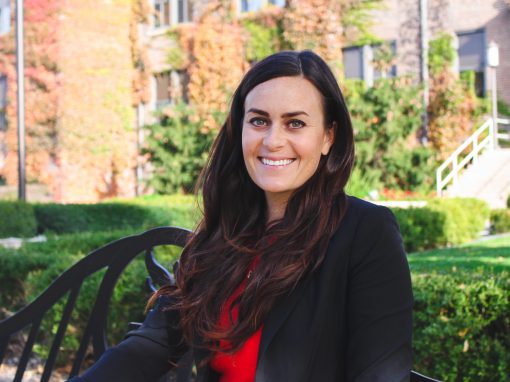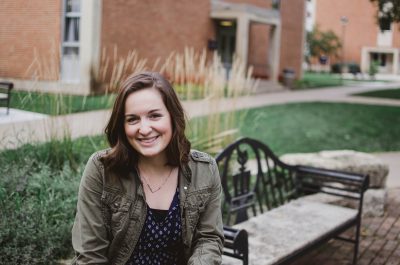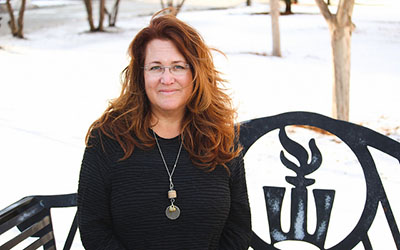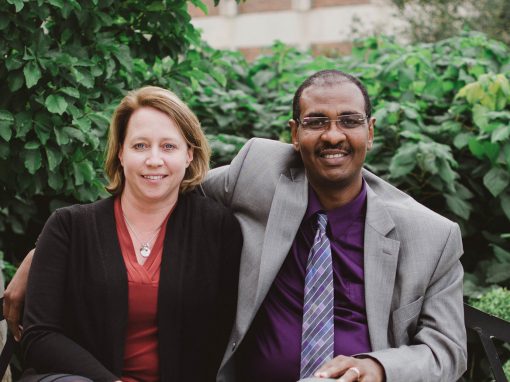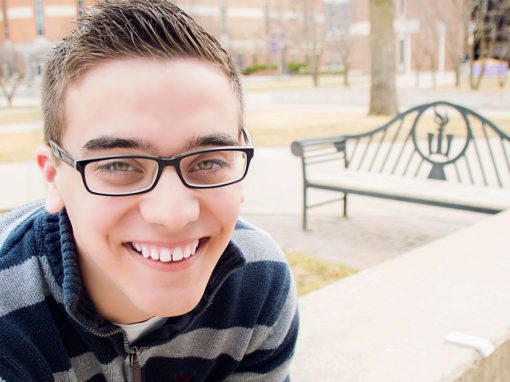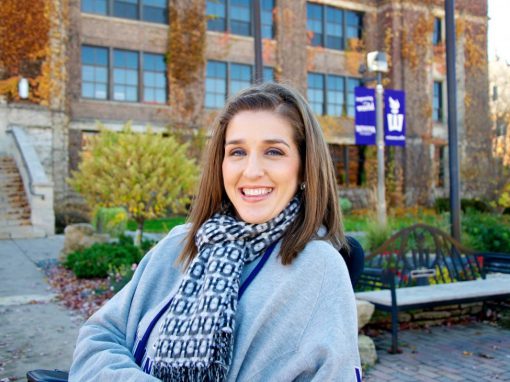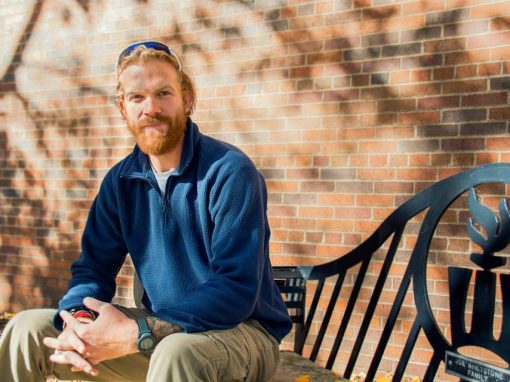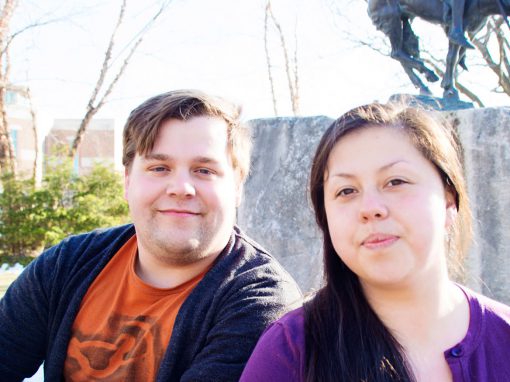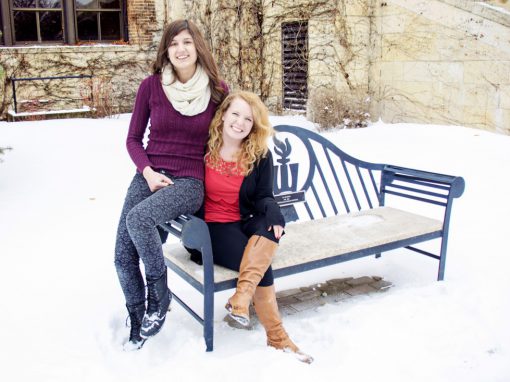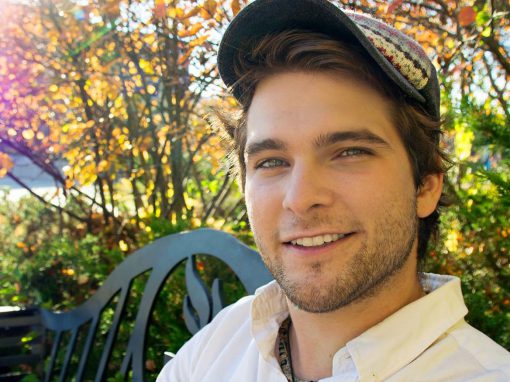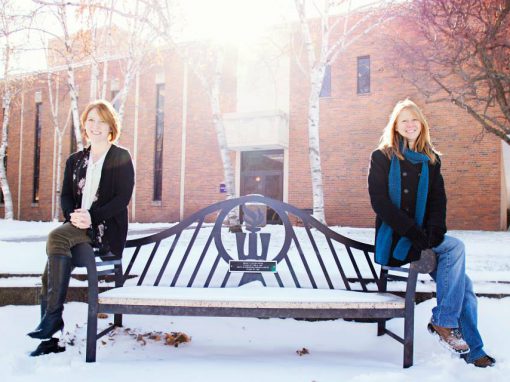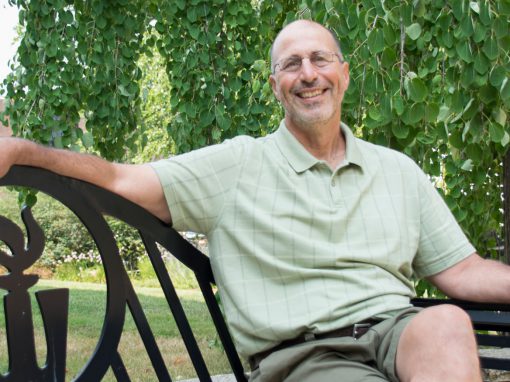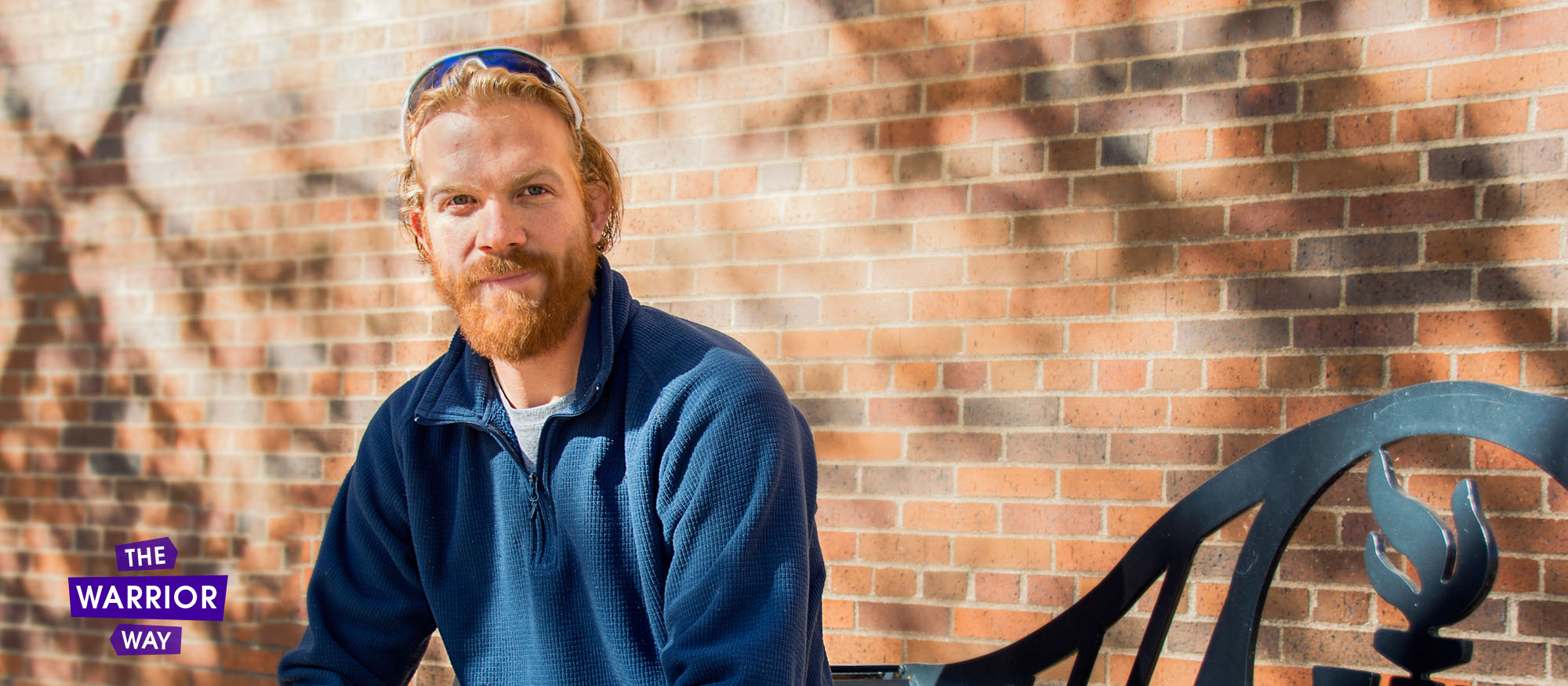
Joshua Ploetz ’15 | Raising Veteran’s Mental Health Awareness
Student from St. Charles, MN
RTTR Major, Veteran
“I have a lot of friends who committed suicide partly because they felt like they couldn’t talk about it… If we build a better support network, instead of 22 veterans killing themselves, every day we can lower that number.”
Joshua Ploetz’s story is as long and winding as the Mississippi River he traveled last summer to raise awareness for veterans with Post Traumatic Stress Disorder (PTSD). I started our interview with the all the usual questions, but as we talked, we jumped from his personal life, to inspirational people he’s met, to his struggles with PTSD and reintegration to civilian life. Though we spoke of many topics, there was also a strong undercurrent as our conversation continually circled back to the need for openness about veterans’ war experiences and the need for sympathy and acceptance from civilians and veterans alike. This is Joshua’s mission in life, and like an ever-flowing river, he will keep working towards creating a network for veterans and ending the stigma of combat and PTSD, no matter how many more twists and turns his life takes.
What is “Paddle Off the War” and how did you decide to do it?
“Paddle Off the War” was a 79-day solo canoe trip I took down the whole Mississippi, from Lake Itasca to the Gulf of Mexico, while carrying the Baton, a stretcher handle used in Helmand Province in Afghanistan—to raise awareness for veterans with PTSD. I decided to take this trip two years ago, but the last eight years really impacted how I got on the Mississippi River because I left the Marine Corp with combat injuries and PTSD, struggled to figure what career I wanted, got married and then divorced, went back to college twice and got involved with Team Semper Fi, which helps veterans get involved with physical activities. My combat casualty nurse also guided me toward an organization called Walk Off the War, which uses the focal point of the Appalachian Trail to help veterans deal with PTSD, and I read Floating Down the Country by Matt Mohlke, which is an account of Mohlke’s own canoe trip down the Mississippi River. So all these things unfolded and I really needed to do something to take care of myself mentally. I kind of combined all these pieces of my life and that’s how I ended up on the river.
What message were you trying to convey?
I wanted to bring veterans together to support each other through PTSD and also gain support from civilians who’ve never served. I want people to be able to talk about their war experiences. Veterans can open up and civilians can try to understand whether you agree about going to war or not. That barrier in between is hard to come through because when you do have PTSD, it’s like being an alcoholic; you don’t want to say you’re an alcoholic because that’s a negative thing. But PTSD’s not a negative thing– it’s just something that happened in your life. You went to war and saw some terrible things, and those things are still affecting you.
I have a lot of friends who committed suicide partly because they felt like they couldn’t talk about it when really it’s just a social norm not to talk about war. If we can build a better support network, instead of 22 veterans killing themselves, every day we can lower that number.
Did you expect to gain the coverage that you did?
I got on the river for myself, but “Paddle Off the War” became much bigger than I expected. The Facebook page has almost 2,000 likes and dozens of media outlets took an interest in this story. I think it was because the message opens the eyes of people who don’t know what PTSD is or what a veteran goes through every day. The emotional ups and downs are not necessarily their personality, but it’s the things they’re reacting to and that’s just PTSD.
PTSD is not only affecting US troops but the whole world. Media outlets from Germany, Italy and Canada also printed the story from the AP News and because war and PTSD impacts their lives too.
What was your favorite part of “Paddle Off the War”?
I had so much serenity on the river and I could really see that there was a reason for everything that happened, the meaning in life, because I was moving slowly. I was able to put the last eight years on the river and connect the dots. You get different vibes on the river, and you can really think about things and correct them. The war experiences are always going to be there but through this trip I was able to accept and deal with them.
Has “Paddle Off the War” helped or influenced your career goals?
Yeah, in a sense. My career goals have taken many turns, but I’d definitely like to work with veterans because I can relate and I have a passion for it. It’s a lot easier to do something if you have a passion for it. There are organizations that take veterans on expeditions, like Into the Woods or Outward Bound, and I’ve looked at those because it would be a great opportunity to combine my interests in veterans and the outdoors.
After graduation, will you still be involved with volunteering? How or with what organization?
Next summer I’m doing the same kind of thing and biking the Continental Divide with my buddy Brandon, who served with me in Afghanistan. The Mississippi trip was for me and I know that Brandon needs this bike trip just as much as I needed the river. And when he called me about this bike trip, I thought “Screw it, what if I crisscross America eight different times?” I’d like to travel again—hiking the Appalachian Trail; biking the Pacific Crest and through the North and South states; paddling the Missouri, Ohio and Yukon Rivers; and sea kayaking around Hawaii– as an accomplishment for myself and to raise awareness for PTSD. This would be a huge impact that one person has done consistently for one cause, and I think that it’s a needed cause.
Who has been the biggest influence in your life?
I’d say the Marine Corp would be the biggest influence. It’s not necessarily a person, but it has molded and shaped me into the person I have become. And still there are some negative things in me, but that’s not necessarily the Marine Corps’ fault—it’s just what happens in the Marine Corp. There’s just this bond and it doesn’t matter what year you were in; it’s a mentality of “You’re a Marine so I’m with you.” For example, I met this guy on the river who had been out of the Marine Corp since 1956 and he invited me to stay at his house even though I’d never met him before. That brotherhood is the thing I cherish most about the Marine Corp, and sometimes that is hard to deal with in civilian life because you’re not around those friends anymore.
If you could invite anyone to sit on this bench and have a conversation, who would it be and what would you talk about?
The first person who came to my mind is my maternal grandma, who passed away right before I went into the Marine Corp. She had a huge impact in my life and I’d like to talk to her about what I’m doing now, just talk about life in general and my military things too. She’s really knowledgeable and we always had good conversations; I felt like I could always talk to her. I’d ask for advice because she was always good at advice and you could take or leave it.
Interviewed and Edited by Elizabeth Meinders ’15 and photographed by Anna Rae Butler ’15
To nominate someone in the WSU community — faculty, staff, student, alumni or friend of WSU — for Warrior Way, or if you have other feedback to share, please email Mollee Sheehan, director of web communications: ms******@****na.edu
